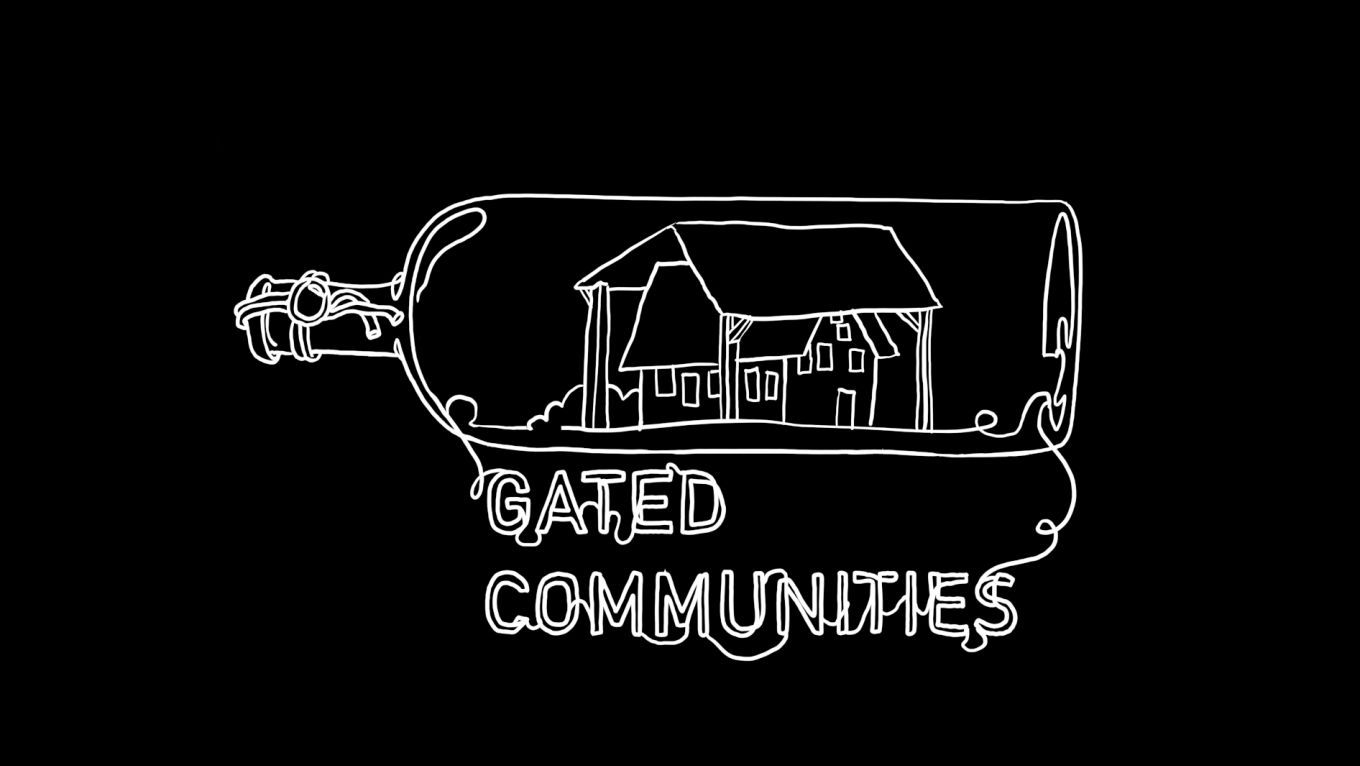Science
Shooting lasers into space – for science!
Light of astronomical objects gets distorted as it passes earth’s atmosphere. Adaptive optics can correct this distortion and create images that are as sharp as those taken in space. The correction needs a bright reference star. If there is no such star nearby, an artificial Laser Guide Star can be created in the upper atmosphere.
A lot of clever real time software, hardware and feedback loops steer a deformable mirror to straighten the distorted wavefront. The talk looks at the technologies of this fascinating technique and will also cover the question how to become a laser-rocket-scientist. Also, there will be star-wars like laser pew pew pictures & videos.
In the first part I will talk about the background of adaptive optics and how it enables ground-based observations which people though to be impossible only two decades ago. We will look at the building blocks of such a system and how they are combined to work together nicely.
The second part will look at a real Laser-AO system, the project I have worked with, ARGOS at the LARGE Binocular Telescope in Arizona. I will present the system in detail and talk about the little things in all the black boxes. Mechanics, electronics, Optics and Software. We will have images and videos of the system at work and look at first test results showing the potential of this system.
ARGOS feeds one of three near-infrared multi-object spectrometers that exists on this planet (Instruments name: LUCI). LUCI is used to record light from the universe 11 billion years ago to to answer the question where galaxies came from and how they developed.
In the last (somewhat shorter) part I want to briefly talk about what it takes to get into this kind of work, how to become a „laser rocket scientist“. I get this question a lot in Q&A sessions and therefore want to address it right away. There are misconceptions about his type of work and quite a number of people leave the field again – mainly because school and especially university puts up a distorted picture and sometimes questionable promises about careers in science.
Additional information
| Type | lecture |
|---|---|
| Language | English |
More sessions
| 12/27/15 |
What does the fact that Tor users can’t edit wikipedia mean for the quality of the ``encyclopedia that anyone can edit?’’ How do captchas and blocking of anonymity services affect the experiences of Tor users when they are trying to contribute content? This talk will discuss the increasing limitations of active participation in the anonymous Internet and the findings of our interview study of Tor users and wikipedia editors concerning these issues. We believe that by understanding the ...
|
| 12/27/15 |
The REXUS/BEXUS programme allows students from universities and higher education colleges across Europe to carry out scientific and technological experiments on research rockets and balloons. Each year, two rockets and two balloons are launched, carrying up to 20 experiments designed and built by student teams. By reference of two experiments we were involved in, we will explain the way from the experiment idea to the launch and test of it.
|
| 12/27/15 |
Several years ago, the Great Firewall of China was silently upgraded to find and block circumvention servers that employ encryption to defeat deep packet inspection. The system is now used to block protocols such as Tor, SoftEther, and SSH. In this talk, we will give an overview of how this system works, and how it can be circumvented.
|
| 12/28/15 |
In my talk I am 1) discussing philosophical concepts of privacy, especially Hannah Arendt's philosophy. I am 2) explaining why in a liberal-democratic system we need to protect our privacy and 3) what we can morally do to prevent catastrophes such as a totalitarian system from happening again. With Hannah Arendt's arguments and her analysis of totalitarian systems in mind, I am referring to three examples from today's privacy discussions: cybermobbing, Behavioral Advertising and secret services.
|
| 12/28/15 |
We develop a tool to verify Linux netfilter/iptables firewalls rulesets. Then, we verify the verification tool itself. Warning: involves math! This talk is also an introduction to interactive theorem proving and programming in Isabelle/HOL. We strongly suggest that audience members have some familiarity with functional programming. A strong mathematical background is NOT required. TL;DR: Math is cool again, we now have the tools for "executable math". Also: iptables!
|
| 12/28/15 |
In this presentation I will present the experimental language Ling. We shall get an intuitive understanding of the language through familiar concepts from imperative programming. We shall cover how Ling enables a modular and precise control on memory allocation, through a general optimization called fusion. This optimization, fusion is a cost-free abstraction mechanism which brings high level programming to system programming.
|
| 12/28/15 |
I will entertain the audience with a science talk about quantum cryptography, covering both some classics (Quantum Key Distribution) and the latest developments (position-based quantum cryptography) in this fascinating research field. [No previous knowledge of quantum mechanics is required to follow the talk.]
|

